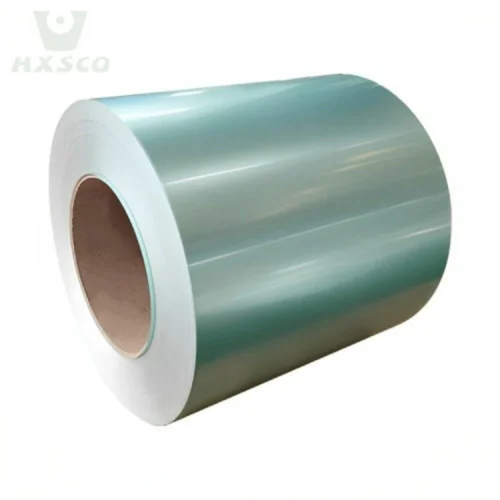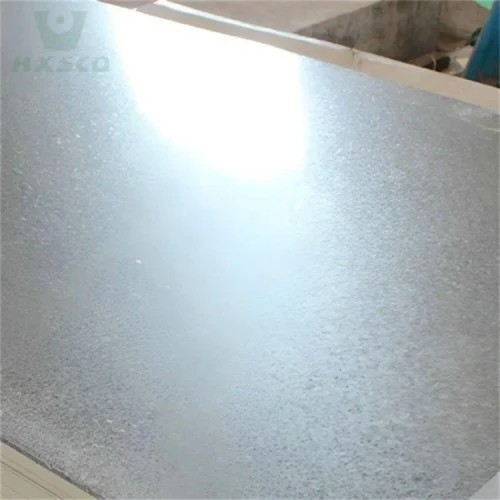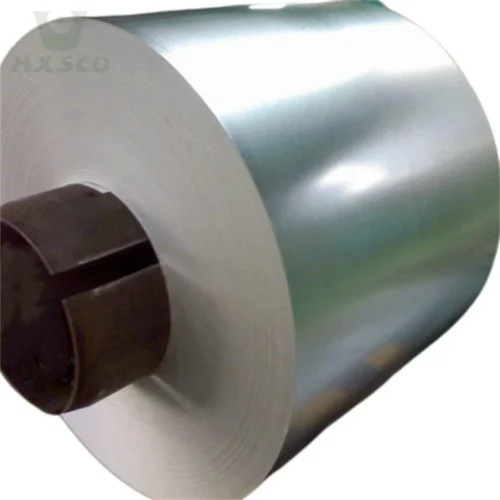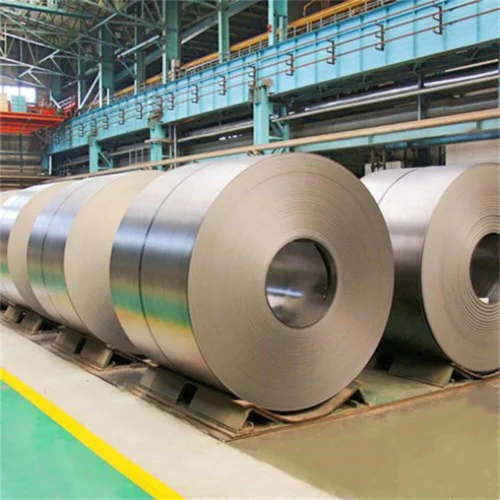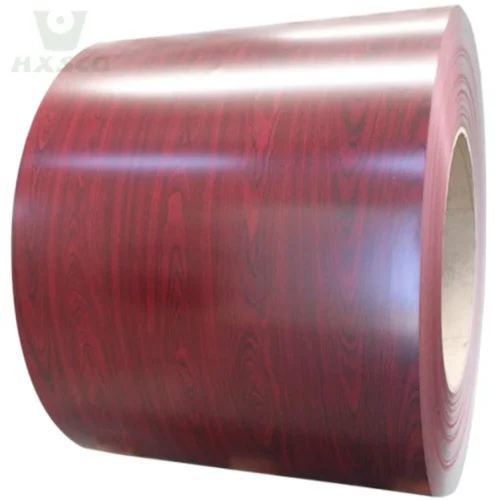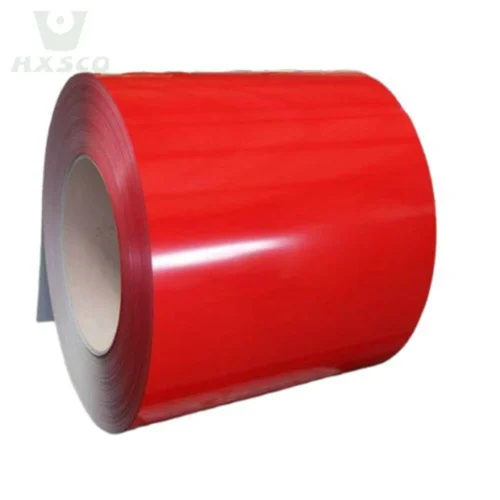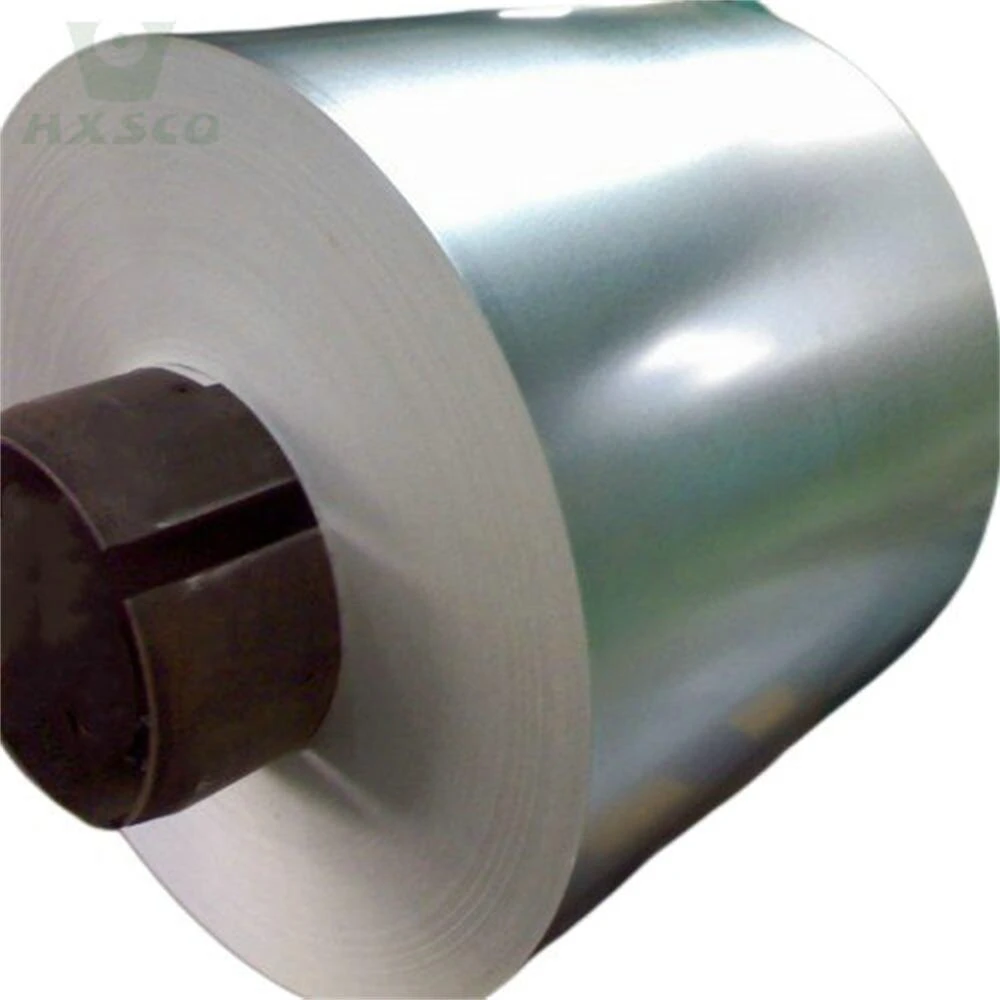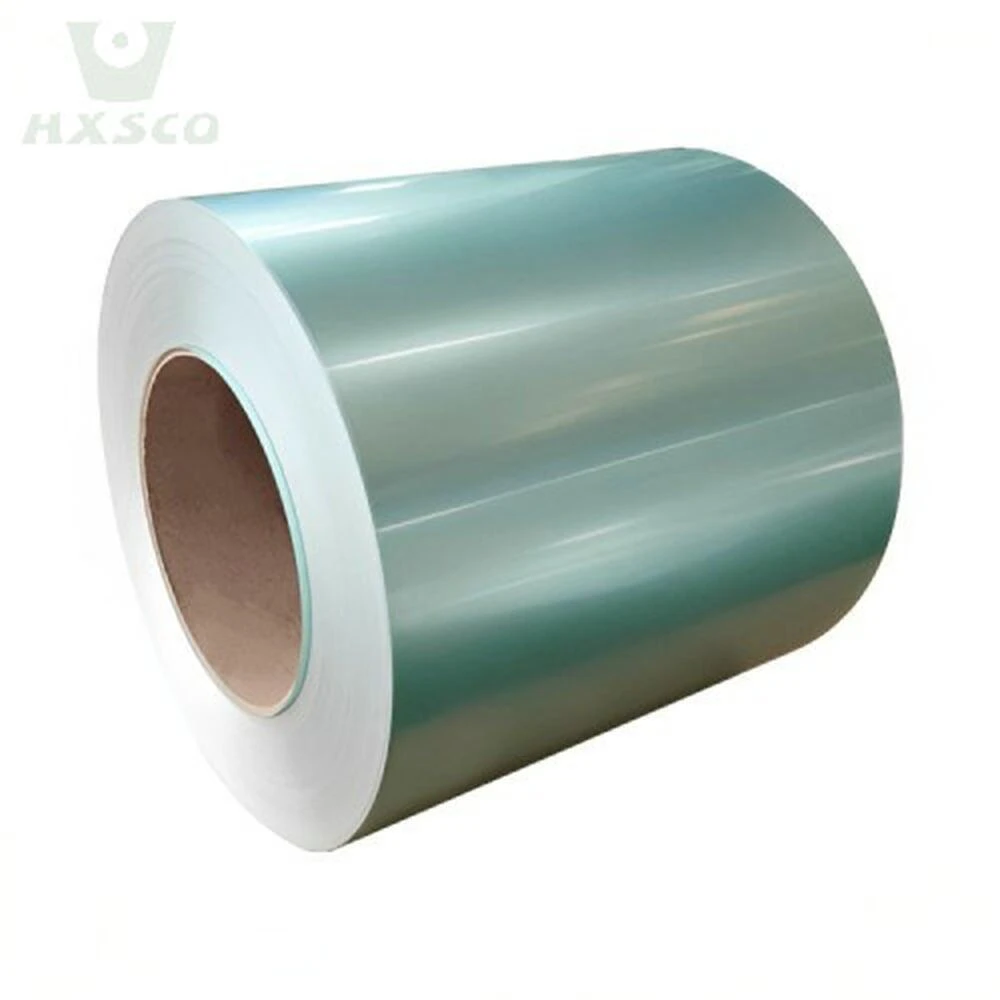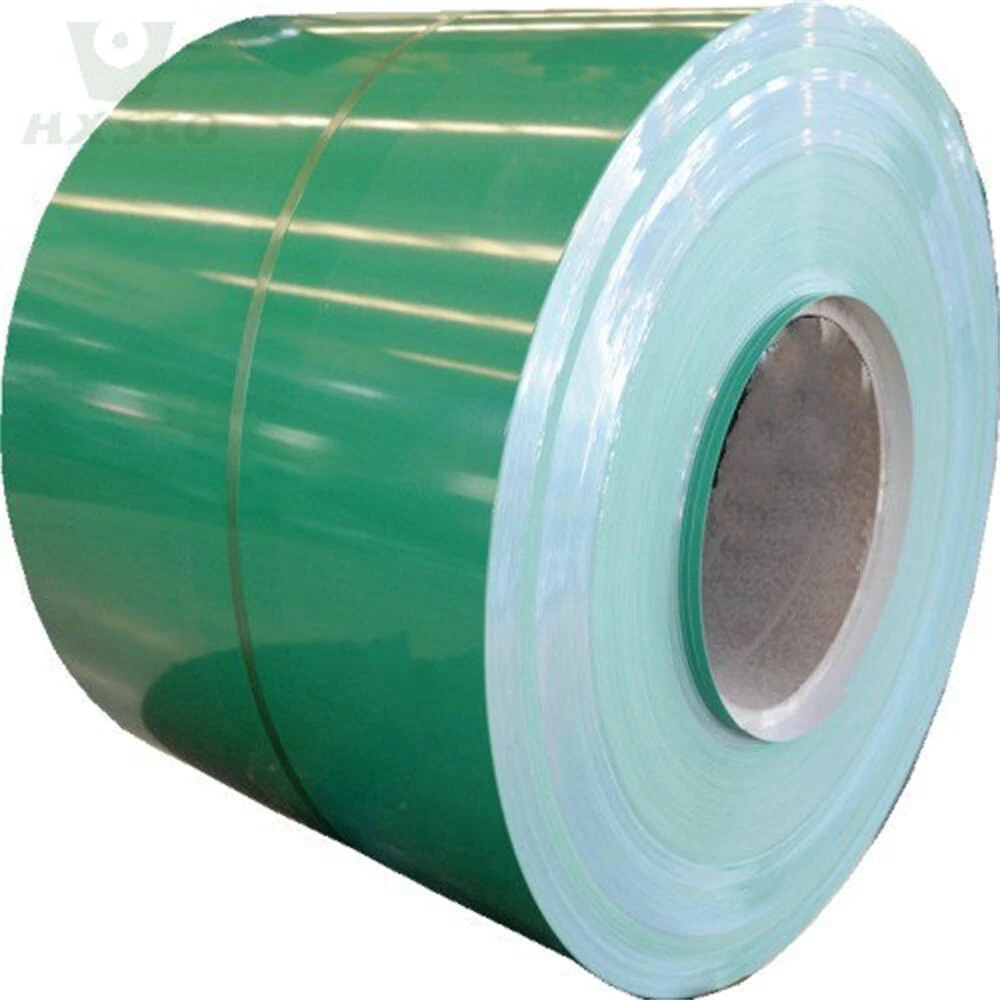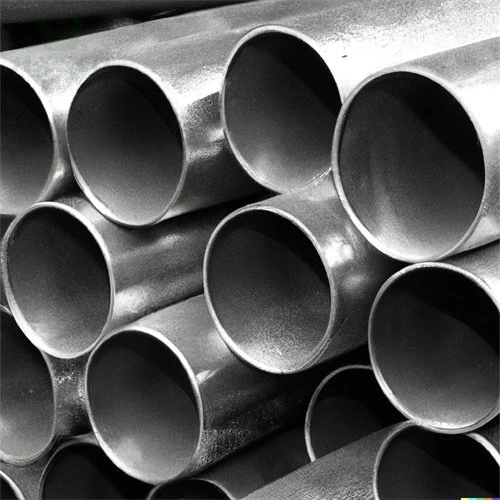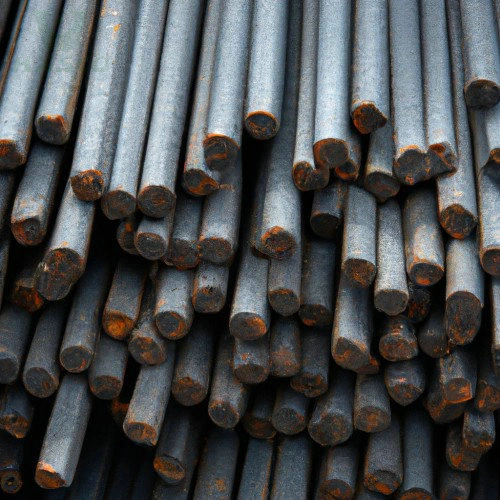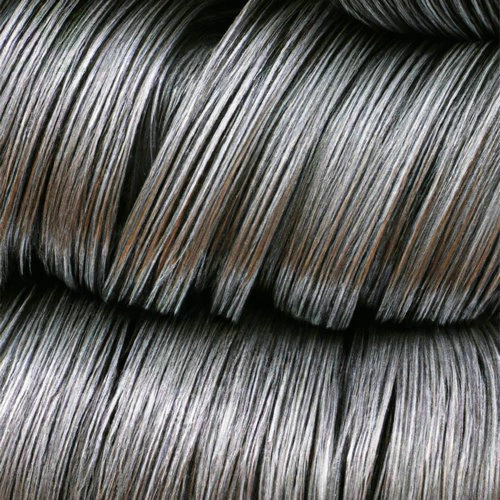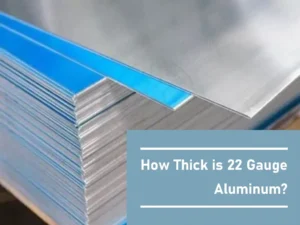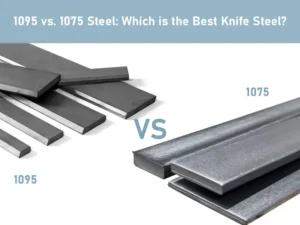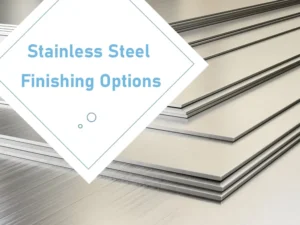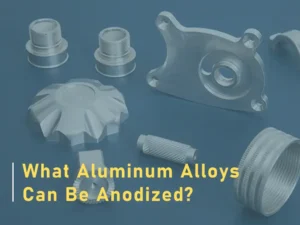Working with coated steel suppliers brings numerous benefits, but it’s essential to be aware of potential challenges and considerations that may arise during the collaboration. Understanding these factors can help you navigate the process effectively and ensure a successful partnership. Here are some common challenges and considerations when working with coated steel suppliers:
Technical Specifications and Requirements: Clearly communicating your project’s technical specifications and requirements to the coated steel suppliers is crucial. This includes parameters such as coating thickness, adhesion properties, color, and specific performance criteria. Ensuring alignment on these specifications from the outset helps avoid potential discrepancies and ensures that the coated steel suppliers delivers the desired coated steel products.
Lead Times and Production Capacity: Coated steel suppliers often have lead times for production and delivery. It’s important to plan your project timeline accordingly and discuss lead times with the supplier to ensure they align with your project schedule. Additionally, consider the coated steel suppliers’ production capacity to ensure they can meet your demand without compromising quality or causing delays.
Quality Assurance and Testing: Quality assurance is a critical aspect when working with coated steel suppliers. It’s essential to establish quality control measures and verify that the coated steel suppliers adheres to industry standards and specifications. Discuss the supplier’s quality assurance processes, including testing, inspections, and certifications, to ensure that the coated steel products meet the required quality standards for your project.
Surface Preparation and Application Guidelines: Different steel coating may require specific surface preparation techniques and application guidelines to ensure proper adhesion and performance. Collaborate closely with the coated steel suppliers to understand these requirements and communicate them to your project team or contractors. Adhering to the recommended surface preparation and application guidelines is essential for achieving the desired coating performance.
Cost Considerations: Cost is a significant consideration when working with coated steel suppliers. While it’s important to strive for cost-effectiveness, it’s equally crucial to prioritize quality and durability. Engage in transparent discussions with the coated steel suppliers regarding pricing structures, payment terms, and any additional costs associated with customization, testing, or special packaging requirements.
Communication and Collaboration: Effective communication and collaboration are key to a successful partnership with coated steel suppliers. Maintain open lines of communication, promptly address any concerns or queries, and provide feedback on the performance of the coated steel products. Regularly sharing project updates and discussing any changes or modifications ensures alignment and facilitates problem-solving.
Environmental and Regulatory Compliance: Coated steel suppliers must comply with environmental regulations and safety standards. Ensure that the supplier follows proper waste management practices, uses environmentally friendly coatings, and meets applicable regulatory requirements. Partnering with a supplier that prioritizes sustainability and environmental responsibility aligns with your project’s goals and reduces potential compliance issues.
Contingency Planning and Risk Mitigation: Unforeseen circumstances can impact the supply chain or project timelines. Collaborate with the coated steel suppliers to establish contingency plans and discuss risk mitigation strategies. Understand their approach to managing potential disruptions, such as raw material shortages, equipment failures, or natural disasters, to minimize the impact on your project.
Documentation and Contractual Agreements: Clearly define the terms and conditions of your collaboration with the coated steel suppliers through contractual agreements. Document key aspects such as pricing, delivery terms, quality requirements, and dispute resolution mechanisms. Review the contract carefully and seek legal advice if necessary to ensure mutual understanding and protection of both parties’ interests.
Post-Sales Support and Warranty: Inquire about the supplier’s post-sales support and warranty policies. Understand how they handle potential issues, claims, or warranty requests. A supplier that stands behind their products and provides reliable post-sales support can help address any unforeseen challenges that may arise after the delivery of the coated steel products.
By considering these challenges and engaging in proactive communication and collaboration, you can establish a productive and successful partnership with your coated steel suppliers.

